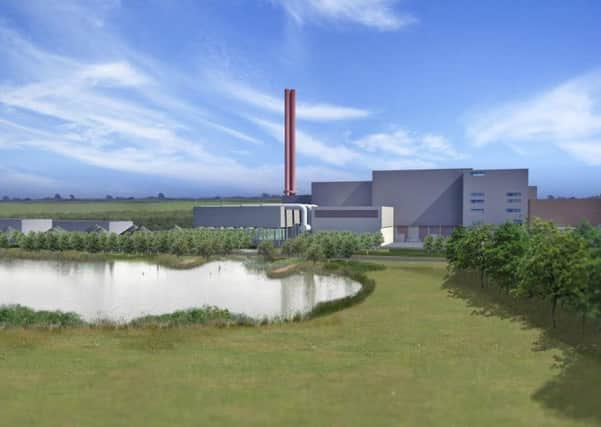'˜We will not poison children' say waste incinerator bosses


But it WILL produce enough low carbon energy to power 65,000, homes say developers Covanta and Veolia.
Concerned residents have been protesting for years about plans for the energy recovery unit (EDF) to be built at the former clay pit near Stewartby.
Advertisement
Hide AdAdvertisement
Hide AdThis week they claimed that although the unit had planning permission, it still did not have the required environmental permit.
“This is the very last chance to protect Bedfordshire’s children and their children’s children from poison air, water pollution and the health effects of major road congestion caused by this development,” said a spokesman for the Bedford Against Covanta Incinerator group.
But the Rookery South project team insists the health risks will be “undetectable”.
Project team manager Nick Burchett said: “We respect the concerns and would like to assure people that the operation of the facility will be safe.”
Advertisement
Hide AdAdvertisement
Hide AdHe said the plant would operate with a permit granted by the Environment Agency and there would be continous monitoring of air emissions.
“Any potential impact of the health effects of modern, well run and regulated incinerators is likely to be so small that it would be undetectable,” he told the T&C.
Protesters, who are supported by town councils in Flitwick, Ampthill and Houghton Regis, are still far from convinced.
“It is essential that each and every resident is aware of the threat and what they can do to protect Bedfordshire’s future,” said the spokesman, who is asking people to oppose the development via http://bedsagainstincinerator.com.
Advertisement
Hide AdAdvertisement
Hide AdThe EDF will take 480,000 tonnes of waste every year and convert it to fuel.
It will be residual waste – that left over from recycling and composting efforts.
Convanta and Veolia say there will be “excellent opportunities” to export the surplus energy made from the waste to support a local district heating system.
“Energy-from-waste is a well tried and tested technology and is the most sustainable alternative to landfilling residual waste,” said Mr Burchett.
Building of the EDF will begin later this year the plant will be in operation by 2020.